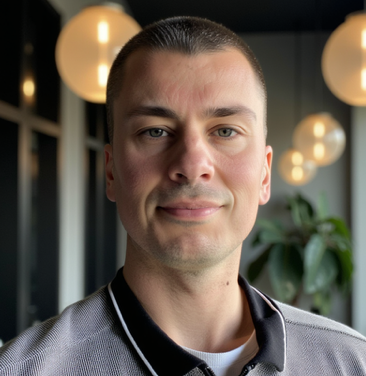Adam Cook MA, LAMFT (He/Him)
Marriage & Family Therapist
Adam is passionate about helping individuals, couples, and families reconnect with their stories—uncovering new meanings, fresh perspectives, and renewed hope for the future they envision. Originally from England, Adam made the leap to the U.S. after college to deepen his journey in psychology, studying at Baruch College in New York City before earning his Master’s in Marriage and Family Therapy.
In sessions with Adam, you’ll find a down-to-earth, compassionate presence who genuinely values curiosity, connection, and authenticity. He creates a space where you can safely explore the different experiences, emotions, and beliefs that have shaped who you are today. With a gentle and thoughtful approach, Adam helps clients better understand their values, relationships, and sense of identity—all while supporting them in moving toward the life they want to create.
Drawing from Emotionally Focused Therapy, Narrative Therapy, and Solution-Focused approaches, Adam tailors each session to meet you where you are and walk with you at your pace.
Adam brings a depth of experience working with adults, with a particular passion for supporting couples across all relationship styles. His professional training, combined with his own life journey, allows him to connect meaningfully with LGBTQ+ individuals, families, and partnerships—fostering a safe, affirming, and inclusive space for growth and healing.
He offers virtual sessions with a flexible schedule, making it easier for clients to find times that work best for their lives week to week.
Education
Masters in Marriage & Family Therapy (2024)
Training/Experience
Trained in Sensory Motor Arousal Regulation Therapy – A modality centered in somatic regulation to treat the consequences of childhood adverse experiences.
Emotionally Focused Couples Therapy – This evidence-based approach helps couples better understand the patterns in their interactions and uncover the deeper, often vulnerable emotions driving them. By bringing these emotions to the surface in a safe and supportive environment, couples can begin to rebuild a stronger foundation of connection and trust. Over time, partners learn how to express their needs more openly and respond to each other in new, more supportive ways.


